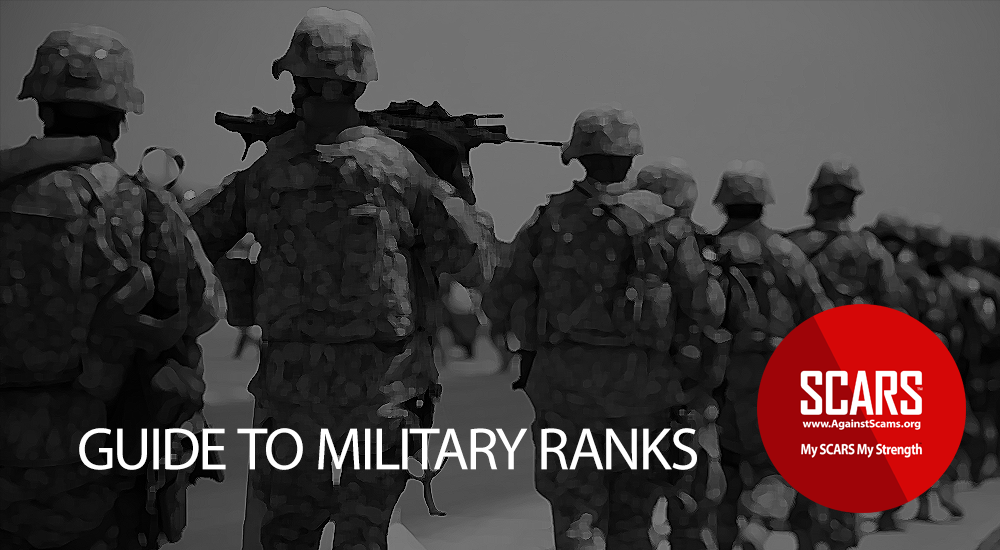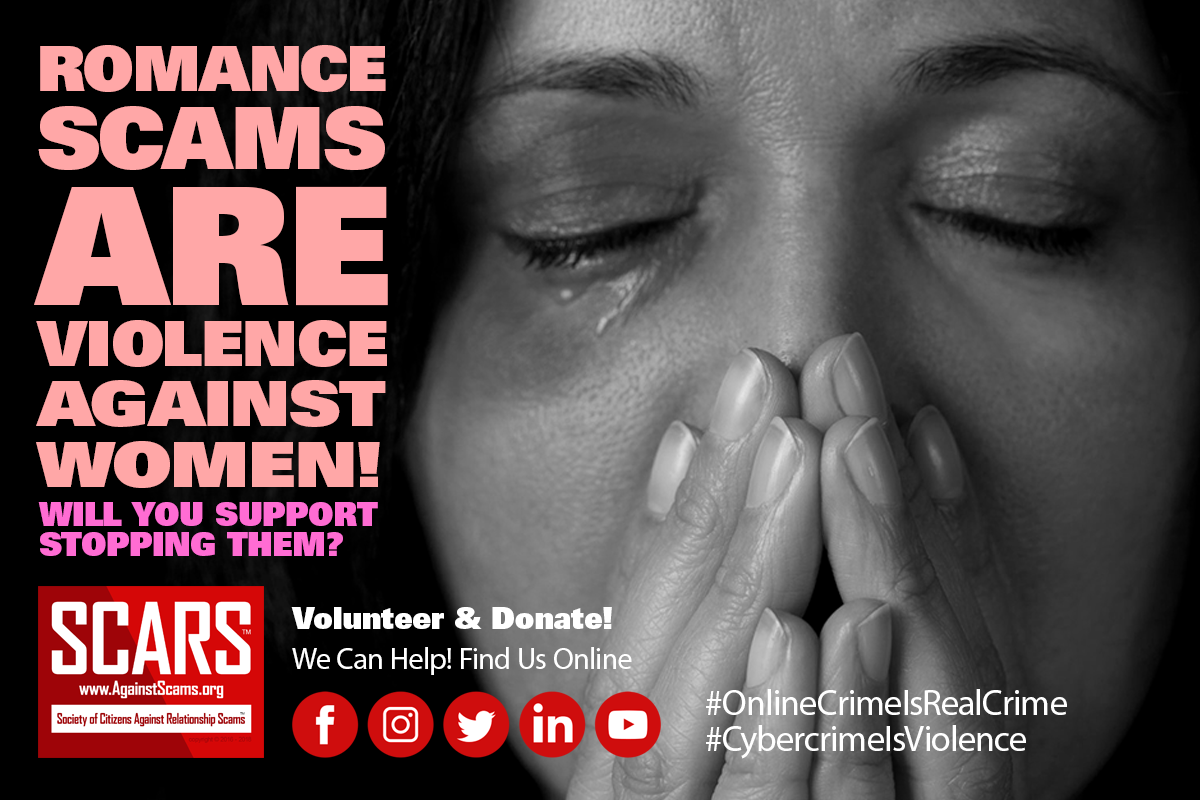Another Stolen Identity Used To Scam Women:
Juan Avalos U.S. Navy Chief
Stolen Photos Appear In Billions Of Fake Profiles On Social Media And Dating Websites
It is impossible to catalog all of them, but you can see many more on www.scammerphotos.com – a separate SCARS website dedicated to displaying stolen photos and real scammer’s photos we have found
This Stolen Identity: Juan Avalos U.S. Navy Chief
Do You Know Juan Avalos?
He Is Frequently Used By Scammers To Fool Women Scam Victims!
You Have Probably Seen His Photos Before!
His real name is Juan Avalos and he is a U.S. Navy Chief Petty Officer
Juan Avalos Is Another Scammers Choice Award Winner
Of course, you don’t really know Juan Avalos, since these are stolen photos used by African Romance Scammers, but he is popular!
If you see his photos on social media or on a dating site – guess what? He is being used by Online Fraudsters & Cybercriminals!
Remember Chief Juan Avalos’s face for the next time you see him!
Here is a gallery of Juan Avalos’s photos we have found used by Romance Scammers:
Click On An Image To View – If The Gallery Does Not Display Refresh The Page
Do you have or have seen other photos of Chief Juan Avalos? Send them to us on our website www.Anyscam.com
WARNING:
- Do Not Contact Him – You Do Not Have A Relationship With Him!
- He Does Not Want To Hear From Women Who Have Fallen In Love With His Face!
- He Is A Victim Also And Deserving Of His Privacy And Respect
- He Knows His Identity Has Been Stolen And Used By Scammers
- If you attempt to track down the face in the photo and contact them that is cyberstalking and is a crime
The Real Juan Avalos Video About Scams
Spotting Fake Soldiers & Military Scams
Looking For More? View Our Military Scams Page on Facebook »
Looking For Fake Soldier Photos? Visit scammerphotos.com For The Latest Scammer Photos »
Online Romance Scam Information About Stolen Soldier Identities
Impersonation & Identity Theft Of United States Army Soldiers – If You Suspect Someone Then They ARE A Scammer
You may have a suspicion about someone you have met online. You may not know it yet but your instincts picked up on something out of place (below we explain the Red Flags in more detail). Go with your gut – if it feels wrong it is!
Click Here To Learn More
SCARS™ Guide: United States Military & Social Media
So much of the information spread around about scammers and fake military is nothing but an urban legend. False information, misinterpretation, or rumors spread like lice in a preschool. This article will help to clear up many of these preconceptions that are nothing but urban legends and replace them with fact.
Yes, the United States has military personnel in EVERY country on Earth (except a handful). Most of these are assigned to United States Embassies, however, there are active military missions in over 100 countries – mostly fighting terrorists around the globe. Not since World War 2 has there been deployment of United States and NATO forces in more counties.
Find the information you need to know if someone is real or fake here.
Click Here To Learn More About The U.S. Military
Click Here For A Guide To U.S. Military Ranks
Right Up Front – If Someone Sends You A Photo Of Their ID Card They ARE A Scammer!
That is because it is illegal for United States Military personnel to copy their ID cards. It is that simple!
However, so many people want to understand how to make sure they are fakes that we have created the following.
United States Military ID Cards Are Called “CAC” – Common Access Cards. The CAC, a “smart” card about the size of a credit card, is the standard identification for active duty uniformed Service personnel, Selected Reserve, U.S. Department of Defence [DoD] civilian employees, and eligible contractor personnel. It is also the principal card used to enable physical access to buildings and controlled spaces, and it provides access to DoD computer networks and systems.
Find the information you need to know if someone is real or fake here.

















































Leave A Comment